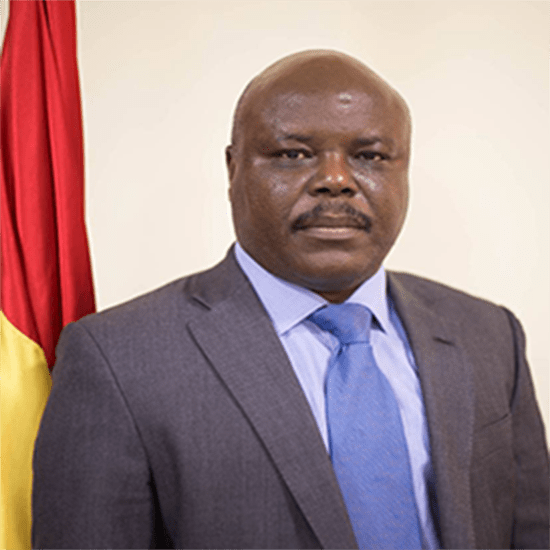The Government has commissioned a comprehensive study into the activities of 16 State-Owned Enterprises (SOEs) with the aim of making them more efficient and profitable.
The SOEs selected include the Tema Oil Refinery, Ghana Cocoa Board, Precious Minerals Marketing Company, Cocoa Processing Company and Electricity Company of Ghana.
The rest are The Ghana Water Company Limited, Ghana National Petroleum Corporation, Ghana National Gas Company, Buipower Dam, State Transport Corporation, Metro Mass Transport, Home Ownership Fund and the Ghana Railways Corporation.
The study will analyse and evaluate their mandate, market value, governance structures, business models and take steps to mainstream their operations to make them more profitable and improve their potential of creating additional job opportunities for the teeming youth.
Mr Joseph Cudjoe, the Minister of Public Enterprises, announced this during the Minister’s press briefing organised by the Ministry of Information in Accra on Thursday.
“Sustaining the Improved Corporate Governance Structures to Drive Performance of Specified Entities” was the topic for the briefing, which provided detailed activities of the Ministry and the State Interests and Governance Authority’s oversight responsibilities over the 175 SOEs in the past three and half years.
The Minister announced that by the end of August the State Ownership Report of all the 175 Specified Entities (SEs) would be published to enable the public to assess and understand how they had performed in terms of compliance, transparency and accountability of their operations.
Mr Cudjoe said within the period his Ministry had rolled out a State Ownership Policy to guide the boards, managements and staff of the specified entities on how to manage funds they received from the Central Government.
The Ministry, he said, had also implemented the Code of Corporate Governance for public service organisations to guide their operations.
“Since independence, this is the best time the public enterprises are really doing well in terms of accountability, transparency and profitability,” he noted.
“In 2016, only two Stated-Owned Enterprises provided their audited accounts but as I speak now 52 SOEs have appeared before the Public Accounts Committee of Parliament with their audited accounts while 55 of the SOEs have already prepared their audited accounts.”
Mr Cudjoe said he had visited 49 SOEs to assess their work environment and undertaken capacity-building training for board, management and staff of those entities to improve efficiency.
Meanwhile, Mr John Boadu, the Director-General of the State Interests and Governance Authority (SIGA) in an interview with journalists after the briefing, stated that previously there was not much transparency and accountability among SOEs because of the absence of an institution or body with an oversight responsibility over them.
“In 2016, only two SOEs presented their audited accounts report out of 175, and so, if there is no SIGA to enforce compliance, I believe most SOEs wouldn’t present their audited reports,” he said.
“At the moment, 55 SOEs have presented their audited accounts and by the close of the year 130 would have presented their audited accounts.”
In terms of the contributions of the SOEs to the economy, Mr Boadu said in 2020 they contributed about GHc20 billion to the country’s Gross Domestic Product (GDP) and increased to GHc419 billion in 2022.
That, he said, was as a result of SIGA’s push for compliance, transparency and accountability among SOEs to present audited accounts.
On irregularities by some SOEs, the SIGA Boss said in 2022 alone the Auditor-General’s Report showed GHc15 billion losses by SOEs, however, the figure had declined to GHc8.8 billion, representing 41.46 per cent reduction of irregularities.
GNA





















